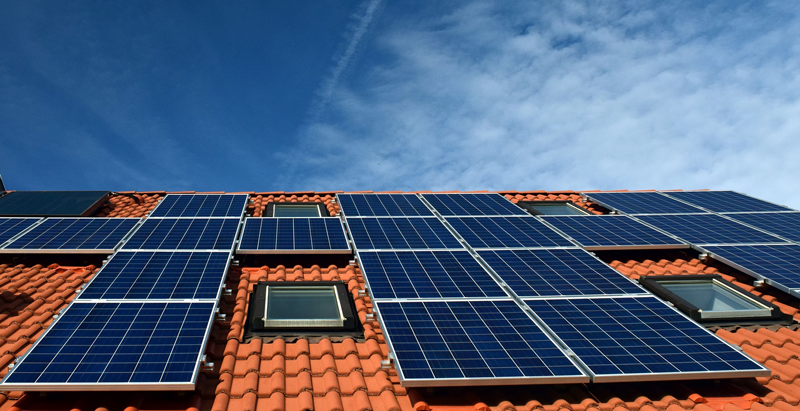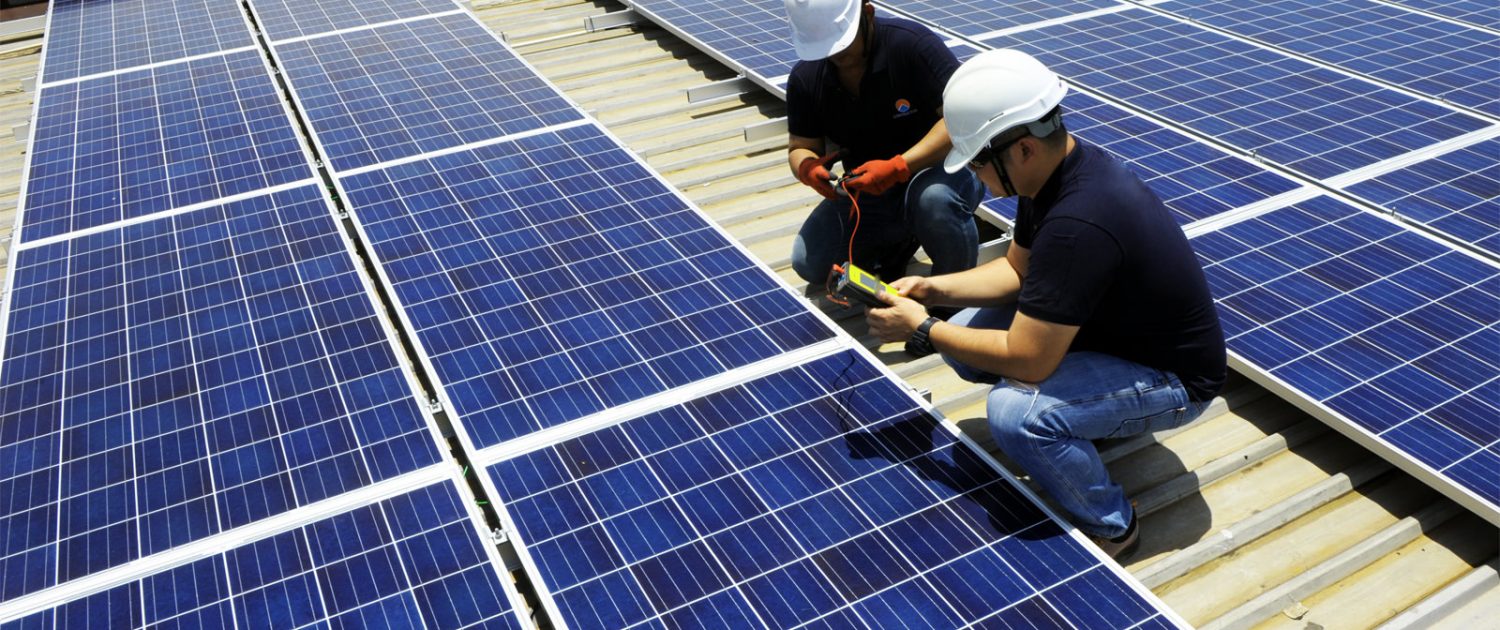Solar Power Users Will Pay Less For Electricity Starting From January 2019
This breakthrough will follow the implementation of two new policies.
Domestic and commercial users of solar power will enjoy cheaper electricity bills starting from 1 January 2019, according to Energy, Science, Environment, and Climate Change Minister Yeo Bee Yin
"Starting 1 January next year, there will be no difference in sale and purchase prices of electricity," Yeo announced in Parliament on Monday, 22 October.
She revealed that this advancement follows the implementation of a "solar leasing" concept with better profits for those producing excess solar power, The Star reported.
"We have decided to improve and expand the Supply Agreement for Renewable Energy (SARE) programme to allow consumers to install solar panels in their homes under a solar leasing concept," she said.
According to the Minister, there will be zero upfront cost where individuals need not come out with any initial cost for installing solar panels under solar leasing.
Yeo explained that the business model was akin to purchasing handphones, but is now applicable to solar panels
"The monthly payments for solar power or repayments to the solar power company can be done through the TNB bill," she said in response to a question in Parliament by Ahmad Fadhli Shaari (PAS-Pasir Mas),
"The TNB bill calculation will be based on a one-on-one or equivalent to consumption minus generation times the tariff," she added.
Depending on the size of the roof or area to be fitted with the solar panel, consumers will see a reduction in their monthly electric bills.
A second policy, the Net Energy Metering (NEM) mechanism, will also be implemented from 1 January
The Minister said that it would allow consumers producing solar power to enjoy better rebates from TNB.
With only 17MW (megawatt) or 3%, out of the 500MW quota was taken up as of October this year, the current NEM system was not well received because consumers, commercial businesses, and industries were selling excess solar power at a displaced cost to TNB.
Currently, solar power producers are selling excess electric to TNB at 31 sens pkwh (per KiloWatt per hour) compared to purchasing electricity at about 50 sens pkwh, according to The Star.


